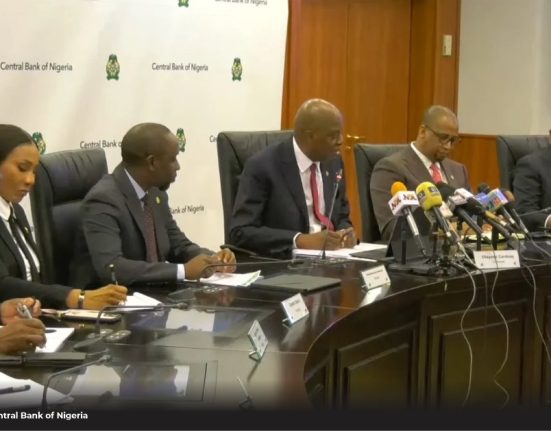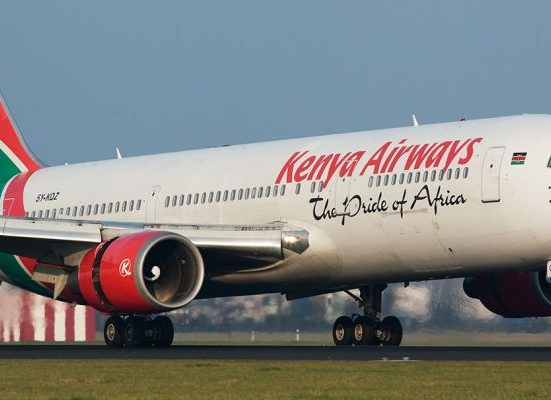ABUJA — The Central Bank of Nigeria (CBN) has attributed the delay in the commencement of a critical ₦85 billion healthcare infrastructure project to ongoing litigations initiated by the Nigeria Governors Forum (NGF) and other unnamed “interlopers.”
The CBN said the project, which aims to establish 774 functional healthcare centres across each Local Government Area (LGA) in the country, has been held back due to court actions challenging its implementation framework.
In a statement issued on Wednesday, June 26, 2025, the apex bank expressed concern over the impact of these legal bottlenecks on the timely delivery of vital health services, particularly in rural and underserved communities.
“The intervention was designed as part of our broader commitment to national development, but its execution has been consistently frustrated by legal actions from certain quarters, including state governors,” a senior CBN official noted. “These litigations have not only delayed the process but risk derailing a project with long-term health and economic benefits.”
The healthcare project, valued at ₦85 billion, is a flagship component of the Healthcare Sector Intervention Facility (HSIF) and was conceived in partnership with the Private Sector Health Alliance of Nigeria (PSHAN) to address the severe infrastructural deficits in primary healthcare delivery across Nigeria.
Each centre is expected to be equipped with modern medical equipment, staffed with trained personnel, and supported by renewable energy solutions to ensure sustainability and uninterrupted operations.
However, the NGF reportedly raised concerns over project control, transparency in contractor selection, and state involvement, prompting a series of legal proceedings that have effectively frozen the release of funds and halted groundwork.
While the CBN has insisted that the initiative followed due process and is aligned with national health priorities, state officials argue that constitutional questions around local government administration and project execution autonomy must first be resolved.
Health policy experts have warned that the continued delay may widen the gap in basic healthcare delivery, especially in remote areas where access to medical care remains poor. They are urging all stakeholders to set aside political and bureaucratic differences in the interest of national health and development.
Meanwhile, the CBN affirmed that the funds allocated for the programme remain intact and that the bank is committed to transparency, compliance, and collaboration with relevant agencies once legal barriers are lifted.
As of the time of filing this report, no official date has been announced for the court rulings, but legal observers say a swift resolution is critical to avoid cost overruns and erosion of public trust in government-backed health reforms.







